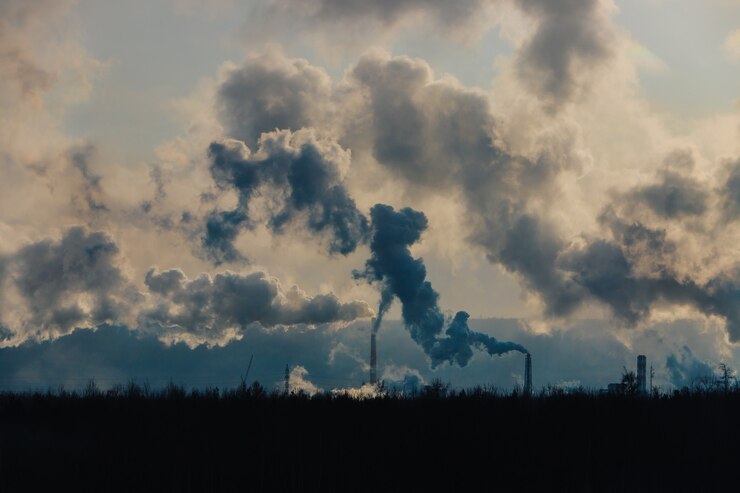Social life in the time of pollution: we are more unhappy

The more polluted the air, the less happy we are

People’s moods tend to worsen in the presence or with increasing air pollution.
[Source: Nature Human Behaviour]
Researchers at the Massachusetts Institute of Technology (MIT) in collaboration with those at Peking University have discovered a link between the amount of particulate matter in the air and people’s unhappiness.
Supporting this claim, a recent study by researchers at China’s University of Hong Kong showed that air pollution in the country causes an average of 1.1 million premature deaths each year and costs its economy about $38 billion.
In fact, prolonged exposure to pollutants can contribute to respiratory, cardiovascular and other problems, thereby affecting physical and, indirectly, emotional well-being.
The role of atmospheric particulate matter

In recent years, particulate matter has become the main air pollutant in Chinese cities, and PM 2.5 particles, which measure less than 2.5 microns in diameter, are very dangerous to people’s health as they cause lung damage.
In addition to the many health damages, pollution also affects people’s social life and behavior.
In recent years, China has seen rapid economic growth; this is a rise that would normally lead to an increase in a population’s happiness. In contrast, the satisfaction levels of the Chinese population have not increased as one would expect.
Air pollution, caused by the country’s industrialization, coal burning and increased car use, has had a negative impact on the quality of life in the city.
A team of Sino-American researchers led by Siqi Zheng, an associate professor in the Department of Urban Studies at MIT, used pollution data from 144 Chinese cities and 210 million posts from the largest social media platform in China (Sina Weibo) to analyze the overall happiness of urban dwellers.
For information on urban levels of ultrafine particulate matter, or PM 2.5 concentration, the researchers referred to daily air quality reports released by China’s Ministry of Environmental Protection.
At this point, they cross-referenced the data that emerged from social media with the daily PM2.5 concentration data.
What emerged was a clear correlation between particulate matter levels and the happiness levels of people breathing polluted air.
This research, in addition to showing that air pollution is detrimental to health, cognitive performance, and productivity at work, highlighted an additional negative effect: that on mental health.
The impact on mental health

“Pollution also has an emotional cost. If people are in a bad mood, they may make irrational decisions more easily,” said Siqi Zheng, research coordinator.
In this regard, on polluted days, it has been observed that people are more likely to exhibit impulsive and risky behaviors that they may later regret, probably as a result of short-term depression and anxiety.
More pollution means less joy of life and less productivity.
The situation in Europe

In Europe, the situation is not much different.
A team of Canadian researchers in a recent study published in the International Journal of Green Economics, found a correlation between pollution and the level of happiness of people living and working in cities.
There is also a kind of vicious cycle that is triggered by a polluted environment: unhappy citizens, stressed by poverty, unemployment, lack of welfare and social policies, tend to pollute more. Countries with high rates of dissatisfied and unhappy citizens were found to be among those with higher levels of pollution.
The researchers looked at pollution data recorded in 14 European countries-Belgium, Denmark, France, Germany, Greece, Ireland, Italy, Luxembourg, the Netherlands, Portugal, Romania, Russia, Spain and the United Kingdom-analyzing carbon dioxide emissions and relating them to citizens’ happiness.
The results suggest that reducing pollution, would also benefit the mood of citizens.
Cleaner air elevates citizens’ level of happiness, satisfaction and performance.
Not only in Europe but all over the world.







